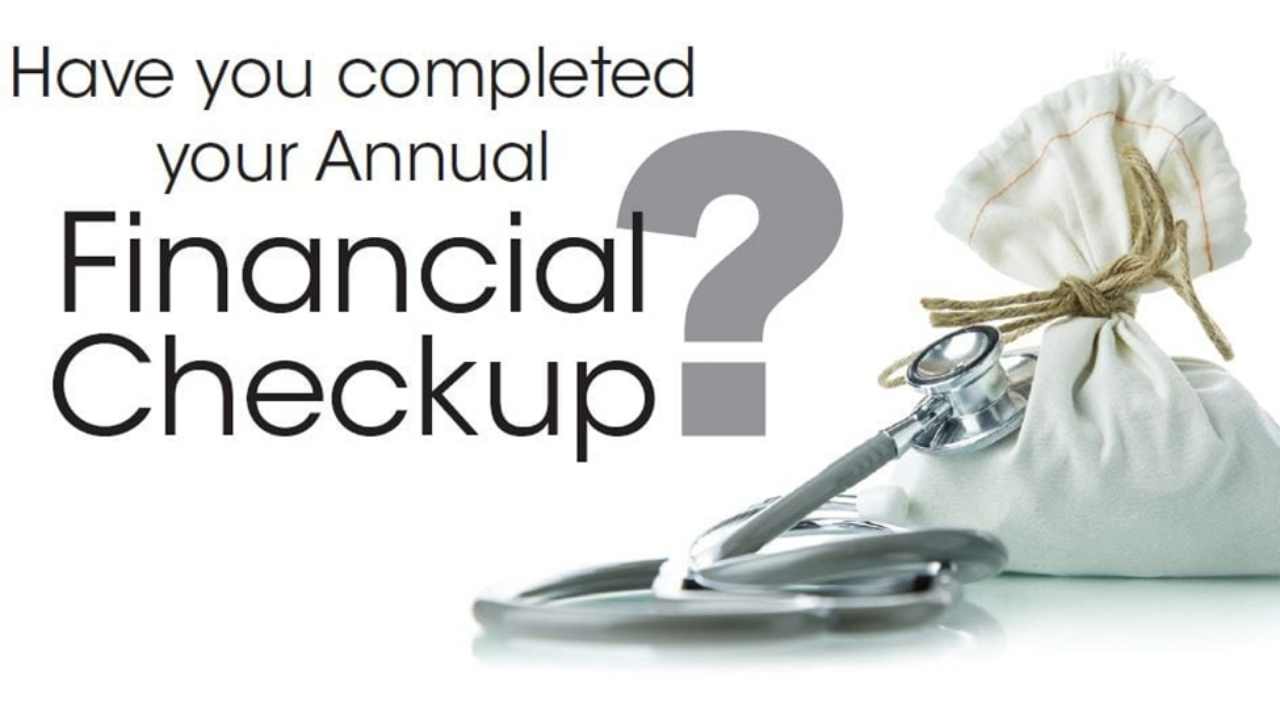As we approach year-end, there are a few things you need to tend to financially before you launch into full holiday season mode. Before we say goodbye to 2021 it’s time to assess the year and outline what you want 2022 to look like. Here’s our top 5 areas to review before year end to make sure you are on track.
Now if your investments are held inside a retirement account, you can ignore this topic all together as your retirement withdrawals will be taxed as ordinary income down the road when you withdraw, except for Roth IRAs and Roth 401(k)s, which are withdrawn tax-free.

Year End Checklist
- If you’re 70 or older, your required distribution: you must take a prescribed amount out of your tax-sheltered retirement accounts — IRAs, 401(k)s, 403(b)s and other specialty retirement plans. Do that now — before year-end. It might be easy to forget because in 2020, there was no RMD. But now you must take an RMD for 2021.
You can take the money from one or several of your accounts, but the total required is based on the value of ALL your retirement accounts as of last year-end (2020). The amount of your RMD can be easily calculated by any one of your plan custodians if you give them the total value of ALL your accounts.
- Year-end profits: If you own stocks or other assets outside of your retirement accounts, you might want to sell and take profits. It’s still uncertain whether Congress will increase capital gains tax rates in the next legislative session. Current tax rates are near modern historic lows. Long-term capital gains rates apply to investments held longer than one year. Gains on stocks held less than a year before sale are taxed as ordinary income.
Now is the time to decide if you want to take some gains — and to minimize the taxes by selling any losers you might have. You can offset capital gains and losses, both short term and long term, to save on taxes. But you can only deduct $3,000 of capital losses against ordinary income. **Don’t think you can take a loss for tax purposes and then buy the stock back right away, or even a few days later in the new year. You’ll be caught in the “wash sale” rule if you repurchase that stock within 31 days. And your loss will be disallowed.
- Organize year-end statements: If you are scrambling for year-end balances from last year in order to calculate your RMD for this year, now is the time to set up a paper filing system to collect the year-end statements that will arrive in January. And if you’ve gone paperless, just make a list of year-end online balances in all your retirement accounts to make it easier next year at this time.
- Reconsider your debt: According to CreditCards.com, the average interest rate on credit cards is 16.4%. And many people are paying 21% or higher — especially if they are trapped with big balances. Can you stop yourself from charging more now and then pay double the minimum every month? That would considerably shorten the 30-plus-year time period it will take to pay off the balance using only the minimum — and save a fortune in interest.
- Contributions: Consider making a charitable contribution right now. The higher standard deduction of $12,550 in 2021, along with limited deductions for state and local taxes, means most people aren’t searching for tax deductions. But charities still need your help. Check out good causes at CharityNavigator.com, and help those who worry more about food and shelter than tax deduction and retirement distributions.
It’s the best way to show gratitude for your good fortune.
Is your portfolio diversified enough to withstand the roller coaster nature of the stock market? Are you earning residual passive income from your investments? Yield and income are here: www.hisfund3.com
Source: Terry Savage is a registered investment adviser and the author of four best-selling books, including “The Savage Truth on Money.”





I am really impressed with your writing abilities and also with the layout on your
blog. Is this a paid subject matter or did you modify it your self?
Anyway keep up the nice quality writing, it is uncommon to look a great weblog
like this one these days. Fiverr Affiliate!
Nice
Nice
thcv gummies area 52
thca carts area 52
full spectrum cbd gummies area 52
thc gummies
infused pre rolls area 52
distillate carts area 52
weed pen area 52
where to buy thca area 52
best indica thc weed pens area 52
magic mushrooms area 52
indica gummies area 52
best cbd sleep edibles area 52
hybrid gummies area 52
liquid thc area 52
best sativa thc edibles area 52
live resin carts area 52
hybrid weed vaporizer area 52
thc vape area 52
liquid diamonds area 52
live rosin gummies area 52
live resin gummies area 52
live resin area 52
thca diamonds area 52
thc microdose gummies area 52
snow caps weed area 52
best pre rolls area 52
2 gram carts area 52
thc gummies for anxiety area 52
thc gummies for pain area 52
thc tinctures area 52
best thca flower area 52
amanita muscaria gummies area 52
mood thc gummies area 52
sativa vape area 52
sleep gummies area 52
thca disposable area 52
1 gram carts area 52
thc oil area 52
UK
Your article helped me a lot, is there any more related content? Thanks! https://www.binance.info/kz/register-person?ref=RQUR4BEO
Google Analytics Alternative
Can you be more specific about the content of your article? After reading it, I still have some doubts. Hope you can help me.
Thanks for sharing. I read many of your blog posts, cool, your blog is very good.
I don’t think the title of your article matches the content lol. Just kidding, mainly because I had some doubts after reading the article.
Anyone used the bet123app? Is it legit? I’m always wary of these apps. Smooth performance or laggy nightmare? Let me know your thoughts! Check it out here: bet123app
Your article helped me a lot, is there any more related content? Thanks! https://accounts.binance.com/tr/register-person?ref=MST5ZREF
Thanks for sharing. I read many of your blog posts, cool, your blog is very good.